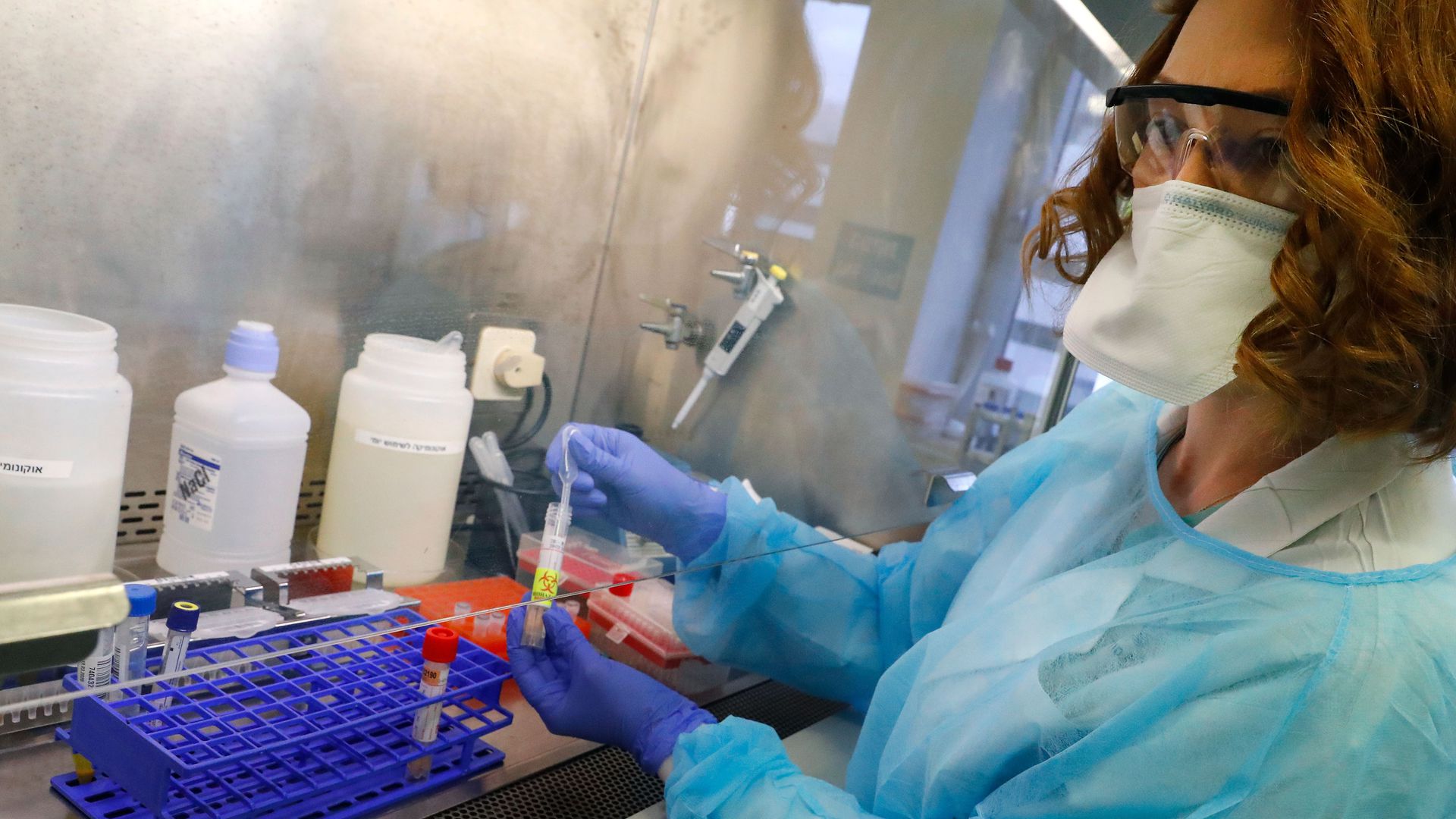
Coronavirus testing kits are the need of the hour. With such mass contamination of the world by the novel Coronavirus, it has become essential to have a testing kit that can give faster results. Keeping the emergency in mind, Simon Fraser University has a small team of researchers who responded to the funding announced by the Canadian Institutes of Health Research (CIHR).
The team will use their Imaging technology called MANGO developed by SFU researchers Lena Dolgosheina, a postdoctoral fellow and Peter Unrau, a professor of molecular biology and biochemistry. According to Dr. Unrao, "We are made of molecules, so when something goes wrong within a cell, it happens at the molecular level. We are using the Mango system as a catalyst, to allow us to not only extend fundamental research questions but also to detect pathogens like the coronavirus, faster and more efficiently."
The aptameter in the Mango binds the dye molecules tightly, and the dye, when bound, becomes excited. The RNA molecules which now contain aptameter now stand out of the other parts of the cell, and it becomes easy for the researcher to study the RNA. The fact is RNA regulates the functions of the cell, not the protein, and till now, the focus was on the reaction of protein, but with this technology, RNA will be studied.
Read More : Latest lab tests suggest Coronavirus may not survive summers
"Mango technology is state of the art, and the development of effective cures for cancer and other diseases demand better imaging methodologies to learn how cells work in detail rapidly," Unrau adds.
The research which is funded by CIHR also has partner Applied Biological Materials (ABM) in Richmond, B.C., and they will provide RNA Mango dyes, enzymes, and a buffer of supplies so that testing kits are made without any glitches. The researchers are making Mango NABSA (nucleic acid sequence-based amplification), which is an isothermal testing methodology.
The team's research is published in Nature Communications.